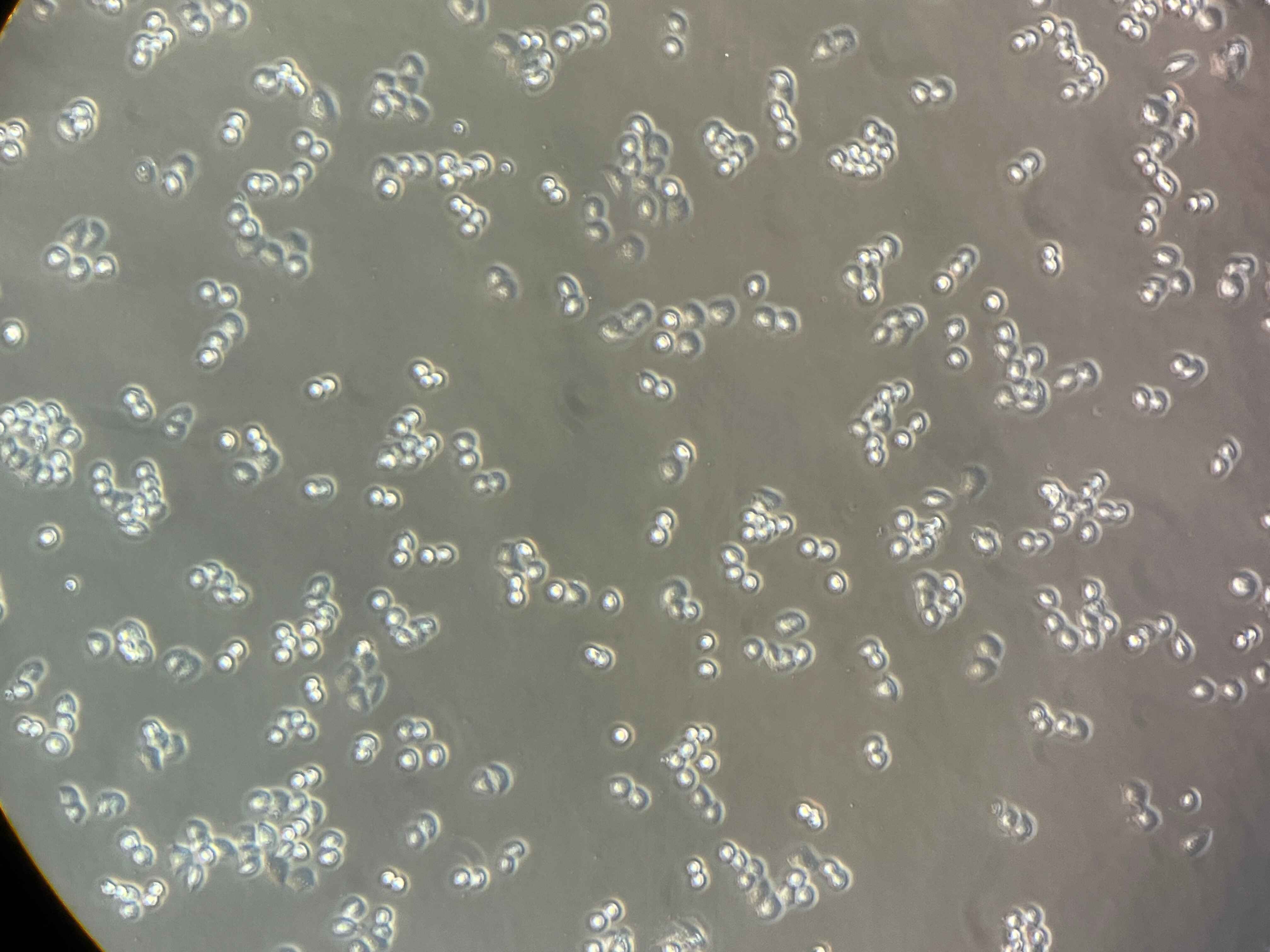TrUE Scholars
Welcome back! It has been a few months of long nights and fun science. For quite a while, my PI and I have been brainstorming and planning for the final data collection of my first project. This project has been quite slow due to a multitude of factors, but it has allowed me to develop as a reader and a technician. For some context, we are investigating how recurrent, chemo-resistant cancers differentially respond to therapy. To do this, we take images of these cells every 3 hours and track their growth and death rates. Finally, we use this data to inform a mathematical model. Modeling this behavior provides quantitative information about the cell's growth patterns. Woah, ok, what does that mean? To summarize, we use math to find hidden differences in cancer growth.

This project is rather unfamiliar to both of my labs. A great deal of responsibility
has been placed on me to search through the literature for techniques that will allow
us to obtain usable data for analysis. There are many groups that I have found around
the nation doing work that is related to our vision. Their utilization of new fluorescent
dyes and staining procedures allow live cell imaging to provide much more information.
I have found an innate love for combining systems biology and math. There are millions
of ways that math can be easily integrated into labs. Even though I have a knack for
finding compelling questions and ways to answer them. I find the most trouble in the
grimy details. I constantly make errors in cell culture, leading to hours wasted and
confusing results. Last week, I actually killed the cells presented in my pictures.
Surprisingly, my perfectionism did not accept failure very well. By incorporating
meticulous note-taking in my work, life has become much more success-driven. Research
is not about constant success. I see it as a constant struggle to control, predict,
and analyze in an orderly, intentional process. However, successes are infinitely
rewarding. Seeing what you have predicted and orchestrated manifest itself is indescribable.
While I will still never like the grimy details. I have learned to appreciate them.
Over the last few months, I have seen the value of good science. Practicing good techniques
and constantly sharpening your skills is essential. Without them, there is little
hope to obtain reproducible results. Fortunately, I have a spectacular team of coworkers
who make this stress-inducing job quite fun. I have loved every minute of my time
doing research. I am forever thankful for the newfound appreciation I have for the
natural world. The immensely complex and abstract structures I have had to study in
the past year have challenged me every day. But we thrive on challenges, there is
truly a relationship we develop with science through such challenges. Some concepts
rattle through our brains at night, teasing our knowledge. We may fear them or see
grace in their utility. But this back and forth offers an intimacy that cannot be
found in other fields that I find utterly mesmerizing.
